Traditional UPS batteries are heavy, bulky, and need frequent replacement. This costs time, money, and adds risk to your critical systems, creating a constant maintenance headache.
Smart UPS systems use Lithium Iron Phosphate (LiFePO4) batteries because they have a longer lifespan, are lighter and smaller, and offer a much lower total cost of ownership compared to lead-acid alternatives.
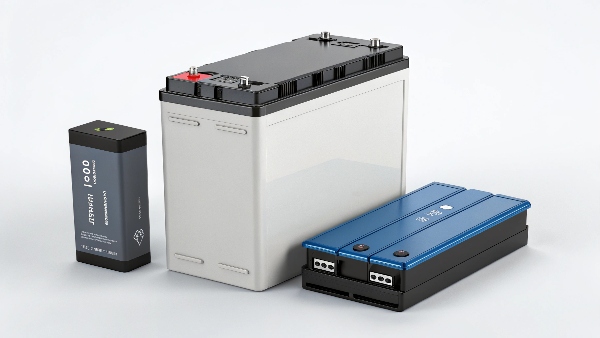
Transition Paragraph:
At Daopulse, we've built our reputation over the last decade on creating UPS systems that solve real-world problems for our clients. The shift to lithium technology is one of the biggest advancements I have seen. As I always tell the procurement managers and system integrators we work with, lithium-ion uninterruptible power supplies are available in both rackmount and tower formats. We welcome you to contact us for customization. This flexibility is key, because different applications require very different solutions. Let's look at a few specific examples.
What Makes the Smart-UPS Ultra 1U Battery Pack So Special?
You need to add more runtime for your high-density servers, but your rack is already full. Buying a new rack or sacrificing revenue-generating server space for a bulky battery isn't an option.
The Smart-UPS Ultra 1U battery pack is special because it uses LiFePO4 technology to pack hours of extended runtime into a single rack unit. This ultra-compact design lets you scale power protection without sacrificing valuable server space.
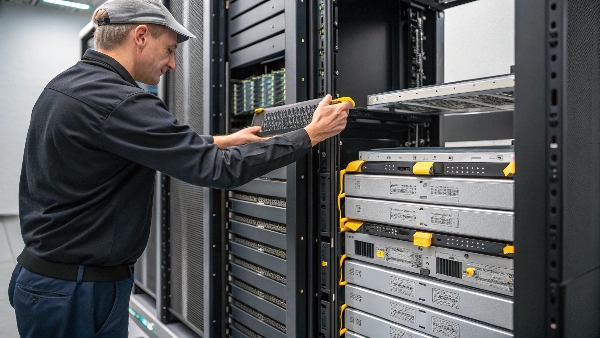
Dive deeper Paragraph:
The key innovation here is power density. In a modern data center, every inch of rack space matters. We measure this space in rack units, or "U," where one U is 1.75 inches high. A traditional external battery module using lead-acid might take up 3U or 4U of space to provide the same runtime as a 1U lithium pack. That's a huge difference. For a system integrator planning a new installation, this means they can fit more servers, switches, or other hardware into a single rack. The weight difference is also massive. A 1U lithium pack might weigh around 15kg, making it easy for one person to install. An equivalent lead-acid pack could weigh over 50kg, often requiring two people and special handling. This reduces installation time and labor costs. As an OEM/ODM manufacturer, we engineer these compact solutions to meet specific client needs, ensuring they get maximum power protection in the minimum possible space, all while meeting strict CE and RoHS safety certifications.
Is the Smart-UPS SRT Lithium-Ion 3000VA Right for Your Business?
Your network closet or small server room needs serious protection, not just a basic backup. Downtime in these locations can cripple an entire office, but a massive data-center UPS is complete overkill.
The SRT 3000VA Lithium-Ion is perfect for protecting critical network gear and edge servers. It provides the highest level of protection—online double-conversion—and a 10-year lifespan, ensuring maximum uptime and almost zero maintenance.
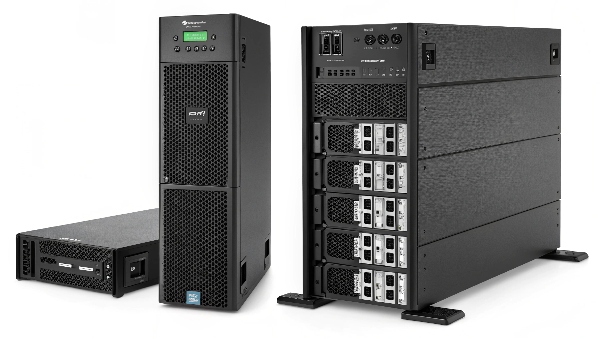
Dive deeper Paragraph:
When we build an "SRT" model, we are building an Online Double-Conversion UPS. This is the gold standard of power protection. It constantly rebuilds the power from the wall. This means your sensitive equipment is completely isolated from any sags, surges, or blackouts. The power it receives is always perfect. The 3000VA (which provides about 2700 Watts) power level is a sweet spot for many businesses. It's strong enough to run a few servers, network switches, and a firewall. Because it uses lithium-ion, it has a service life of 8-10 years, compared to the 3-5 years of a lead-acid model. This eliminates the need for battery replacements, which is a huge benefit for businesses with many remote locations. One of the best features, which we often customize for clients, is its convertible rack/tower design. A hospital might need the tower version to sit on the floor in a lab, while an office needs the rackmount version for an IT closet. This flexibility makes it an ideal solution for standardized deployment across an entire organization.
Why Choose a 3KVA Li-ion Rackmount UPS for Your Infrastructure?
You need reliable power for your server rack, but you are tired of dealing with heavy, short-lived batteries. The maintenance headache of replacing bulky lead-acid batteries every few years is costly and disruptive.
You should choose a 3KVA Li-ion rackmount UPS for its superior total cost of ownership (TCO) and reliability. It lasts nearly three times longer than lead-acid models, fits cleanly into your rack, and nearly eliminates maintenance.
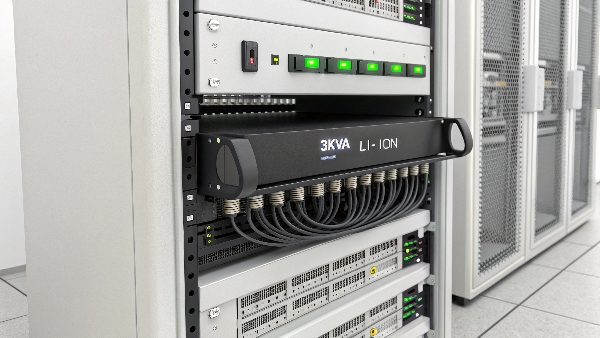
Dive deeper Paragraph:
A 3KVA UPS is a very common size for protecting a small cluster of IT equipment. When a procurement manager is deciding between lead-acid and lithium-ion, I always show them a simple comparison of the long-term realities. The lithium-ion1 model has a higher initial purchase price, but the story changes over its 10-year lifespan. The lead-acid2 model will need at least two expensive battery replacements during that same period, each one involving hardware costs and technician labor. The lithium model needs none. Its lighter weight and smaller size (often 2U vs. 3U or 4U for lead-acid) also mean it's easier to install and leaves more room for other hardware. For any business that plans to operate for more than three years, the math is clear. The lithium option is the more cost-effective choice3.
| Feature | 3KVA Li-ion Rackmount | 3KVA Lead-Acid Rackmount |
|---|---|---|
| Lifespan | 8-10 Years | 3-5 Years |
| Rack Space | 2U | 2U - 4U |
| Weight | ~25 kg | ~45 kg |
| Maintenance | Virtually None | 2+ Replacements needed |
| 10-Year TCO | Lower | Higher |
Which UPS and Battery is Best for Home Use?
Power outages and electrical surges are a real threat to your expensive home computer, router, and gaming setup. Losing unsaved work or having your equipment fried by a power spike is incredibly frustrating.
For most home use, a line-interactive UPS with a standard Sealed Lead-Acid (SLA) battery is the best choice. It provides an excellent balance of cost and protection for personal electronics, with enough time for a safe shutdown.
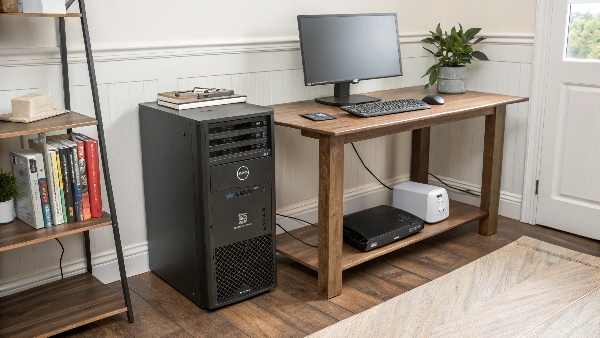
Dive deeper Paragraph:
While our company focuses on industrial and commercial solutions, I often get this question from friends. For a home user, lithium-ion is usually not necessary. The main benefit of lithium is a lower total cost over a long period, which makes sense when you're managing dozens of units. For a single UPS at home, the higher upfront cost is hard to justify. A good quality line-interactive UPS is the perfect fit. "Line-interactive" means it has a built-in transformer that corrects minor voltage problems without switching to the battery, which protects your equipment and helps the battery last longer. A model around 600VA to 900VA is usually plenty for a desktop PC, monitor, and router. This will give you 5 to 10 minutes of runtime during a blackout—more than enough time to save your files and shut down properly. It's a cost-effective way to get peace of mind and solid protection for your home equipment.
Conclusion
LiFePO4 batteries provide smart UPS systems with longer life and lower costs for businesses. However, for most home users, a standard lead-acid UPS offers the best value and protection.
-
Explore this link to understand why lithium-ion batteries are often the superior choice for long-term use, especially in IT equipment. ↩
-
This resource will provide insights into the limitations of lead-acid batteries, helping you make informed decisions for your equipment. ↩
-
Discover detailed analyses and comparisons that highlight the long-term savings of choosing lithium-ion over lead-acid for UPS systems. ↩

